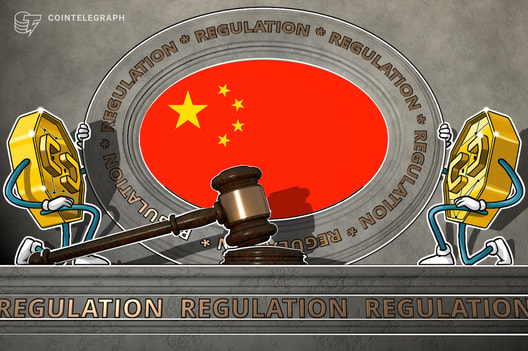Chinese court declares virtual assets legal property and protected by law
The People’s Court of China has published a report on the legality of virtual assets, analyzing the criminal law qualities associated with them. In the document, the court ruled that virtual assets, based on the current political-legal framework, they still constitute legal property and are therefore protected by law.
The People’s Courts of the People’s Republic of China exercise their jurisdiction independently and are not subject to interference by administrative or public institutions. These courts deal with criminal, civil and administrative cases as well as economic disputes.
In the report titled “Determining Virtual Currency Property Qualifications and Qualifying the Property Subject to the Case”, it is accepted that virtual assets have economic characteristics and can therefore be classified as property. local newspaper. While China has made all foreign digital assets illegal by enforcing a general ban, the report argues that such assets should be banned. considered protected by law under the current policy framework.
The report also adds recommendations for combating crimes involving virtual assets, and points out that the merging of criminal law and civil law should be taken as a basis, since it is not possible to confiscate the money and property that are the subject of the case. Such cases need to be dealt with on a case-by-case basis to ensure a balanced protection of personal property rights and social and public interests.
China has imposed a sanction general ban About all cryptocurrency-related activities and foreign cryptocurrency exchanges are banned from providing services to customers in mainland China. But despite the hostile national policy towards digital assets, over the years Chinese courts took an opposite position.
Related: China announces creation of new national financial regulator
The first example of such a distinction came in September 2022, when a lawyer suggested that cryptocurrency holders in China are protected by law in the event of theft, misconduct, or breach of a loan agreement despite the cryptocurrency ban. Later, in May 2022, a court in Shanghai stated: bitcoins (bitcoin) is characterized as virtual property and therefore subject to property rights.
China’s hostile attitude towards Bitcoin and other cryptocurrencies has been going on for some time. In recent years, however, the government appears to have softened its stance. This is evidenced by the fact that the percentage of Bitcoin mining in China has dropped to zero following the market access ban. but rose to second place within a year.
Translation of Walter Rizzo

